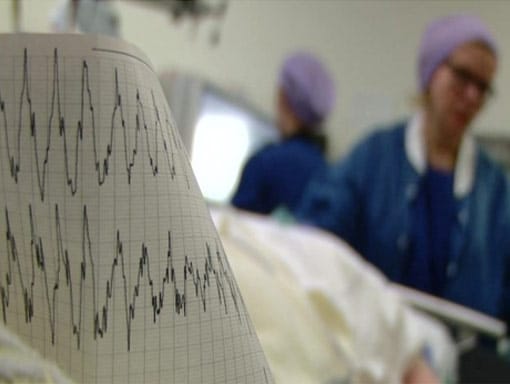Download ECCA Test
The ElectroConvulsive Cognitive Assessment (ECCA) is a novel contribution to the literature regarding ECT and cognitive function. It provides ECT psychiatrists and other clinicians with a brief, easy to administer, bedside cognitive measure to identify ECT-related cognitive impairments early in the treatment course to adjust the ECT treatment plan.
ECCA is a 30-item questionnaire that addresses the cognitive functions affected by ECT and assesses five cognitive domains, including temporal orientation, attention, verbal delayed recall, crystallized/factual knowledge, and autobiographical memory (i.e., ability to recall life-relevant material). Also, it includes an assessment of self-reported perceived cognitive difficulties and a section completed by an informant (e.g., significant other, family member). The ECCA total score ranges between 0 – 30 points, with a higher score indicative of better global cognitive function and a lower score indicative of global cognitive impairment. The ECCA is not intended to replace a more comprehensive neuropsychological battery.

Emory Team
Adriana P. Hermida, MD
Associate Professor
Department of Psychiatry and Behavioral Sciences
e-mail: ahermid@emory.edu
Corresponding author
Felicia C. Goldstein, PhD
Professor of Neurology and Neuropsychology
Department of Neurology
David W. Loring, PhD
Professor of Neurology and Neuropsychology
Director of Neuropsychology in the Neurology Department
Department of Neurology
William M. McDonald, MD
Professor
JB Fuqua Chair for late life depression
Department of Psychiatry and Behavioral Sciences
Patricio Riva-Posse, MD
Assistant Professor
Department of Psychiatry and Behavioral Sciences
A. Umair Janjua, MD
Department of Psychiatry and Behavioral Sciences
Yi-lang Tang, MD PhD
Assistant Professor
Department of Psychiatry and Behavioral Sciences
Gail Galendez, BSN, RN
Department of Psychiatry and Behavioral Sciences
Zixun Ye, MSPH
Department of Biostatistics and Bioinformatics,
Rollins School of Public Health
Limin Peng, PhD
Professor
Department of Biostatistics and Bioinformatics,
Rollins School of Public Health
National Network of Depression Centers (NNDC) Collaborators
Shawn M. McClintock, PhD, MSCS
Associate Professor
Department of Psychiatry, UT Southwestern Medical Center
Department of Psychiatry and Behavioral Sciences, Duke University School of Medicine
Richard D. Weiner, MD PhD
Professor
Department of Psychiatry and Behavioral Sciences
Duke University School of Medicine
Irving M. Reti, MD
Associate Professor
Department of Psychiatry and Behavioral Science
Johns Hopkins School of Medicine
Mustafa M. Husain, MD
Professor
Department of Psychiatry, UT Southwestern Medical Center
Department of Psychiatry and Behavioral Sciences, Duke University School of Medicine
Daniel F. Maixner, MD
Associate Professor
Department of Psychiatry
University of Michigan
International Collaborators
Universitat de Barcelona, Spain:
Mikel Urretavizcaya, MD PhD
Department of Psychiatry
Bellvitge University Hospital. ICS. IDIBELL. CIBERSAM
Aida de Arnau, MD
Department of Psychiatry
Bellvitge University Hospital. ICS. IDIBELL. CIBERSAM
JM Mechón, PhD
Department of Psychiatry
Bellvitge University Hospital. ICS. IDIBELL. CIBERSAM
Beijing Anding Hospital, China:
Capital Medical University
Yanping Ren, MD
Did You Know…
Frequent mental distress (FMD) may interfere with major life activities, such as eating well, maintaining a household, working, or sustaining personal relationships. Hispanics had a higher prevalence of FMD (13.2%) compared to white, non-Hispanics (8.3%) or black, non-Hispanics (11.1%).